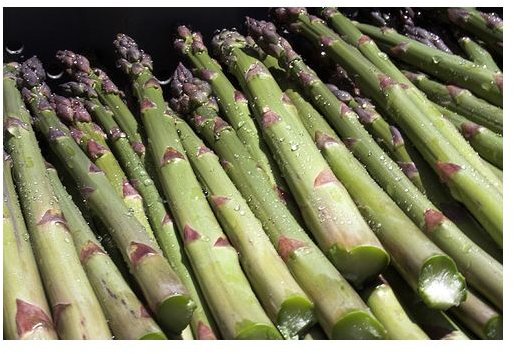How to Lower Homocysteine Levels Naturally
What Is Homocysteine?
Homocysteine is a type of amino acid that is formed when another amino acid, methionine, is metabolized. It does have a purpose in the body, assisting with the manufacture of proteins and with cellular metabolism. With the help of some of the B vitamins and folic acid, homocysteine is broken down and converted into other compounds, such as the amino acid cysteine and adenosine triphosphate, which acts as a source of cellular energy.
High levels of homocysteine can be harmful and are associated with a higher risk of heart disease. This is why it is important to make efforts to lower homocysteine levels if they may be too high. Diet, nutrition and lifestyle changes can help balance levels.
Homocysteine and Cardiovascular Health
According to a study published in the New England Journal of Medicine, people with high levels are four and one-half times more likely to die of heart disease then those with normal levels. What does this normally harmless amino acid do to the body when too much is found in the blood? It can encourage blood to clot, it can damage the cells that line arteries, harming vascular walls, and it also increases the oxidation of LDL cholesterol. These factors can lead to atherosclerosis and coronary artery disease.
Lowering Levels
So, how can someone lower homocysteine levels? There are many steps you can take to protect your heart. First, make sure you are getting enough B vitamins (particularly vitamin B6 and B12) and folic acid in your diet. Talk to your doctor about taking supplements and make sure
you are including good sources of these nutrients in your diet, such as green leafy vegetables, sea greens, asparagus, eggs, seafood, carrots, peas, sunflower seeds and barley. These nutrients are needed for the body to breakdown homocysteine.
Don’t eat a high-protein diet. Foods that are high in protein also contain methionine, which is converted into homocysteine. There is no reason to deprive the body of healthy proteins sources, in fact meat, dairy and seafood are some of the best sources of vitamin B12. It is important to eat a balanced diet and not to consume excess protein.
Stop smoking. People who smoke tend to have higher homocysteine levels. Smoking also raises your risk for heart disease for other reasons, such as increasing blood pressure.
Consider supplementing with garlic and ginger. Both are excellent sources of protective antioxidants. Garlic will help vessels remain elastic. Ginger has the same positive effect as taking aspirin, inhibiting an enzyme that makes blood stickier.
High amounts of homocysteine in the blood can raise your risk of heart disease. While this amino acid can become threatening, it is very easy to lower levels with a healthy, well-balanced diet and some supplements.
References
Balch, Phyllis A. “Prescription for Nutritional Healing” Fourth Edition (Penguin Books, 2006)
Page, Linda. “Healthy Healing: A Guide to Self-Healing for Everyone” 11th Edition (Traditional Wisdom, 2003)
photo by 46137/flickr
Disclaimer
Please read this disclaimer regarding the information contained within this article.
